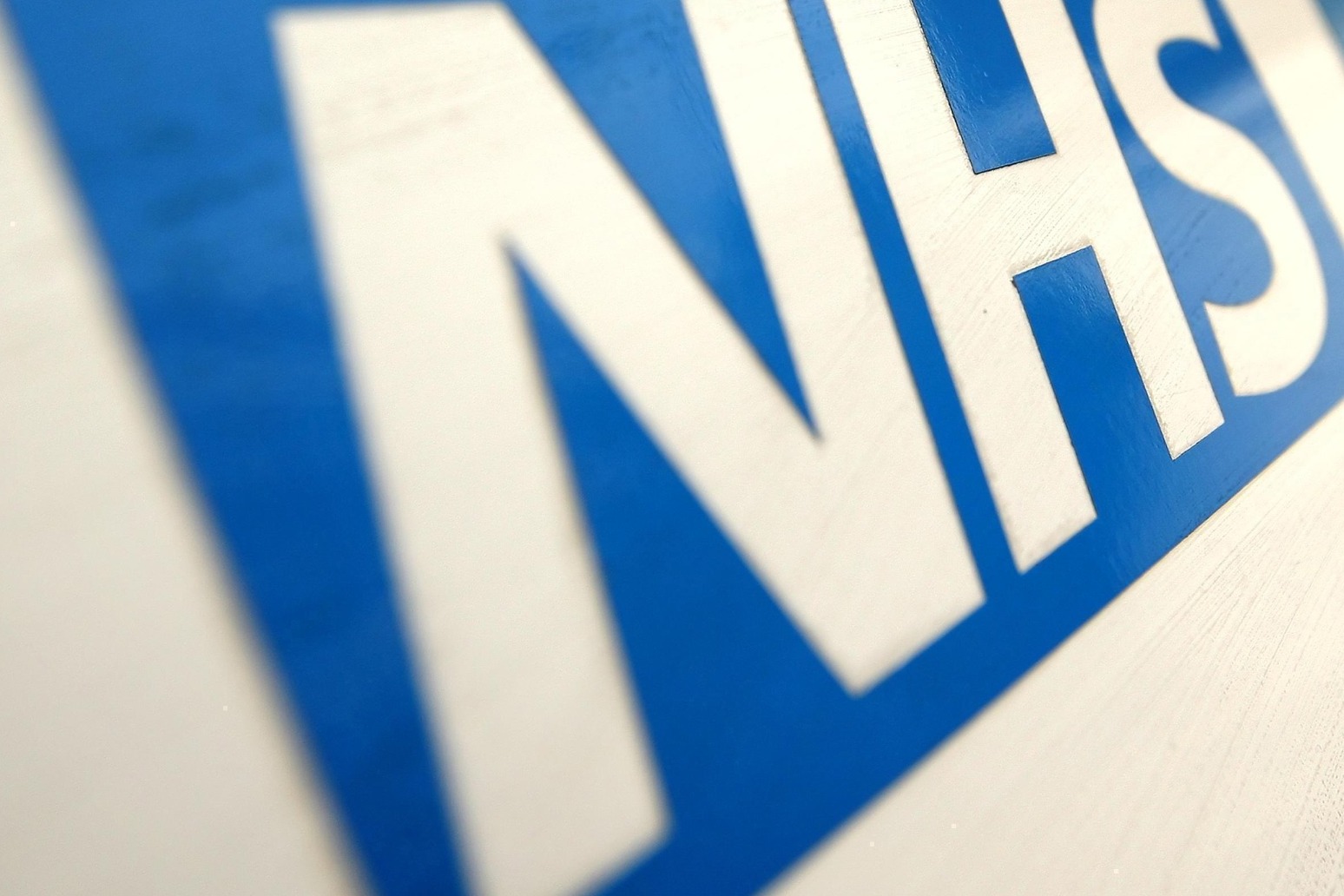Listeners:
Top listeners:
-
 play_arrow
play_arrow
Rother Radio (128K) Love Local, Love Music!
-
 play_arrow
play_arrow
Rother Radio (64K) Love Local, Love Music!
-
 play_arrow
play_arrow
Rother Radio (Doncaster) (128K) Love Local, Love Music!
-
 play_arrow
play_arrow
Rother Radio Xmas Love Local, Love Music!
-
 play_arrow
play_arrow
Rother Radio – Special Announcement Love Local, Love Music!
Plan to divert millions of patients from waiting lists with GP service expansion
today17/04/2025


The Government has set out plans to divert up to two million patients from NHS waiting lists by the end of next year.
A scheme which allows family doctors to seek advice from specialists before referring patients will be expanded with the support of an £80 million funding package.
Ministers said the move will “stop masses of people” going to hospital for “unnecessary appointments”.
Those benefiting include women with symptoms of the menopause and patients with ear, throat and nose issues, according to the Department of Health and Social Care.
GPs welcomed the announcement but said the scheme must be properly resourced.
The initiative, known as advice and guidance, allows GPs to seek advice from specialists on the phone or online before making a referral, to ensure care is given in the most appropriate setting.
It can mean patients are referred for blood tests and scans from their surgery, or directed to other community services, for the likes of physio, rather than being added to NHS waiting lists.
Under plans from the Department of Health and Social Care, the scheme will be expanded with the aim of diverting up to two million patients by the end of 2025/26.
From this month, GP practices can now claim for every request raised through advice and guidance.
The expansion will also aim to standardise its use across the country.
It follows an announcement in January that GPs would be offered £20 every time they consult a specialist using the scheme.
Health minister Karin Smyth said: “By caring for patients closer to home, we save time and stop masses of people having to head to hospital for unnecessary appointments in the first place.
“We are rewiring the NHS so that we are doing things differently, more efficiently and delivering better outcomes for patients.
“This scheme is a perfect example of how we are saving patients time and reducing pressure on key NHS services in the process.”
Advice and guidance has been used since 2015, and the pathway was formalised by NHS England in 2021.
According to DHSC, between July and December last year about 660,000 treatments were diverted from hospitals to the community as a result of the advice and guidance scheme, up 60,000 for the same period in 2023.
Professor Sir Sam Everington, who has been a GP in Tower Hamlets, east London, since 1989, added: “Advice and guidance enables patients and GPs to get advice direct from a specialist, typically within a week for routine cases.
“This means that patients get their health problems sorted rapidly, preventing health deterioration and avoiding long waits to be seen.
“In my experience, over two-thirds of patients with kidney disease can be managed in this way with advice from a consultant and treatment by the GP, removing the enormous stress and uncertainty of waiting a long time.”
Professor Kamila Hawthorne, chairwoman of the Royal College of GPs, said: “Advice and guidance services have the potential to support GPs to refer appropriately and deliver care to patients whilst they are waiting for specialist treatment, but it’s crucial that GP services have the capacity to accommodate the shift from hospitals to community care so this funding is a good step in the right direction.
“In the past, some GPs have reported issues with using A&G services, including that they shift care into general practice without appropriate resource, and that they can be used to reject necessary referrals.
“We have always been supportive of the Government’s aspiration to shift more care into the community, and an increasing use of A&G services may help enable this, as long as it is properly resourced across the country.
“Funding must follow the patient, and we need to see significant investment in general practice, following years of underfunding by successive governments, so we can deliver safe, timely and appropriate care to our patients close to home.”
Rachel Power, chief executive of the Patients Association, welcomed the announcement, and said it is a “step in the right direction” but that “the success of the scheme will depend on genuine partnership between patients, GPs, and specialists”.
“Patients must be equal partners in conversations about their care, with the agency and power to take part in shared decision-making that recognises their expertise in their own lives,” she added.
“To make this work, we need transparency around how GP capacity challenges will be addressed, and we need to see proper investment in resources, training, and support for shared decision-making.
“Patient experience must be measured and acted on, because better care isn’t just about reducing waiting lists, it’s about improving outcomes for every patient, in every community.”
Published: by Radio NewsHub
Written by: Radio News Hub
Similar posts
Now Playing
Now playing: -
On Air Now

Eric Vickers
The Saturday Afternoon Show
Join Eric Vickers on Saturday Afternoons from 1pm as he plays the best variety of hits across Rotherham and Sheffield.
closeSponsored
Weather
Upcoming Local Event
Latest from Facebook
Search Rother Radio
Contact Us
- https://www.rotherradio.co.uk
- 01709 257 175
- studio@rotherradio.co.uk
About Us
Rother Radio – Love Local, Love Music! → Discover more
Our Partners
Rother Radio is owned by Rotherham Broadcasting CIC







